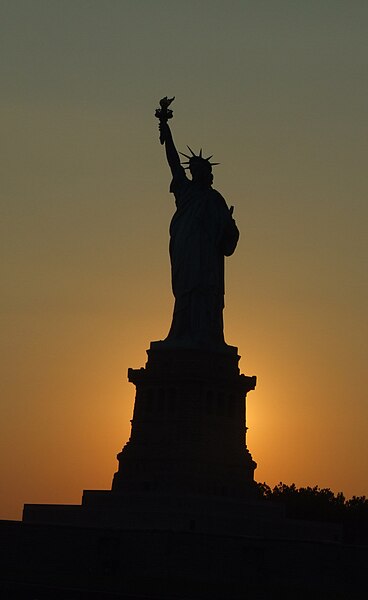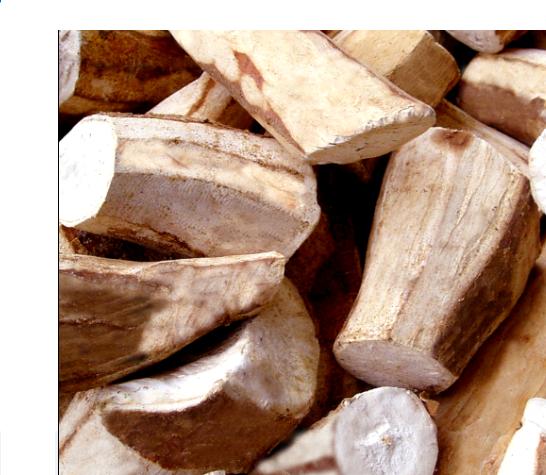For the most part, India exceeded my expectations. Pune is a clean city, by Indian standards, the food was edible, and the men were polite, if they paid us any attention at all.
It also ended up being more stressful than expected. From assisting in the creation of an American wedding in India, to ensuring that friends who had never experienced a non-Western world before were safe and aware, to worrying that a rickshaw driver was actually taking us where we wanted to go, I became overwhelmed rather than excited. By the end of the wedding reception, I was exhausted and ready for a stiff drink…but even that turned out to be more of a hassle than relaxing! At the end of the night I told myself, “I have one day left here, then I can leave this chaotic place.”
On that last day, I had scheduled a tour of World Vision’s Area Development Programme (ADP) in Pune. World Vision works all over India and has about 2,000 sponsored children in the Pune ADP.
We exited our vehicle at the first slum, Ramtekdi, where I found I was apprehensive. As much as I pride myself on being well-travelled and aware, I worried that the Indian slum would break this strong, thick exterior I have cultivated.
As we approached our first stop, we received the obligatory stares from adults and smiles from children. Dada was our first encounter. He is the father of 2 little girls, Sakshi and Samiksha. Sakshi shyly peaked at us from behind Dada’s legs, but Samiksha openly stared. Dada and his wife had known nothing but poverty, having lived in that slum their entire lives. With a small loan, Dada was able to purchase a few old bikes, which he fixed up and started renting out by the hour or day. In essence, he became a small businessman. And his business quickly grew. When we met him, he stored his rentable bikes not only in the passageway between houses, but actually in half of his house! Now he was able to afford food, education, electricity, a TV, and even karate lessons for little Sakshi. When I asked her what she wanted to be when she grew up, she replied a policewoman. Thanks to her father’s small business, that is now a possibility.
We went to visit Urmila next. She owned a seamstress shop, which she ran out of her house. She purchases scraps of fabric from clothing companies cheaply to make clothing, particularly for children. She also mends clothes for people around the slum. We admired her myriad of beautiful fabrics and watched while she quickly sewed buttons as we talked. She received her first sewing machine from World Vision which she taught herself on, and then started a small business. She now has 4 sewing machines and 8 employees. While talking with our tour guide, we found out about the Community Loan Banks that prevail in Indian slums, which Urmila is a part of.
Women in these slum communities created small loan banks of around 11-12 women. Each small business owner contributes a monthly fee to the bank, which goes into an account that the women can take loans from. The loans are usually for the purpose of an unknown expense, such as a sickness, hospital fee, or travelling to visit family. This is a grassroots loan bank, managed by community volunteers. The rate of default on these loans is virtually non-existent. World Vision donates to community women so that they can take the donation, make money, and help other women and families in the community through this loan program.
Our next visit was to a bangle bracelet shop owner. Ujwala received 5,000 rupees worth of bracelets from World Vision. In Indian culture, new bangle bracelets are purchased at every new milestone in life, particularly at weddings. Her bangle shop was alive and thriving with many different styles and colours. While we were talking with her, we had the opportunity to purchase bangles from her – ten bangles for 100 rupees. As she meshed and moulded our hands to get the tightest fit, we learned from her that she has three children, aged 13, 11 and 10. Because of her bangle sales, she was able to pay for all of their school fees, contribute to her husband’s rickshaw driver salary, and take part in her local community-owned loan bank. It almost brought tears to my eyes when she told us that she was able to help out her mother-in-law by paying for a necessary surgery. Her pride was contagious.
 During this conversation we had children and neighbours standing at the door listening and watching us. The sense of community was incandescent. From the community bank to neighbourly interactions, I was sadly reminded of how individualistic the US and much of the West is. We live our lives so separate from each other. The slums in India remind me of how things should be, of how things used to be. It reminded me of how important conversing with people is. It reminded me that no one is an island – everyone matters.
During this conversation we had children and neighbours standing at the door listening and watching us. The sense of community was incandescent. From the community bank to neighbourly interactions, I was sadly reminded of how individualistic the US and much of the West is. We live our lives so separate from each other. The slums in India remind me of how things should be, of how things used to be. It reminded me of how important conversing with people is. It reminded me that no one is an island – everyone matters.Ujwala was so welcoming and open about her life to us, strangers from across the globe. We also experienced that at our next stop. We travelled to another slum about half and hour away, called Darodema, in a beautiful, tree-filled area of Pune. The hospitality shown by the men and women of the Ramtekdi slum continued here as we saw a World Vision health check up and visited another family.
We happened to visit the programme on their annual health check-up day. At this particular slum, there were about 50 children getting their check-up that day. Each year, a group of doctors from a local hospital volunteer their time to record the statistics on sponsored children for the last year: height, weight, and any changes in the health of the child. The children ranged in age from about 3 years old to 14. All appeared to be healthy and living life to the fullest. As we watched, children would toddle over to the height and weight station where an assistant would take their measurements. They would next head over to chat with a doctor. She would ask the child if they were experiencing any pain or uncomfortability anywhere. Many shook their head no. A young girl pointed to her elbow, and the doctor responded by feeling the area.
After a teenage girl had completed the cycle, she shyly walked over and we asked her questions: “How long had she been in the programme? How many siblings does she have? Is she the oldest? What does she want to be when she grows up?” She wants to be a flight attendant – but the most amazing part is that it is a possibility for her. She does not have to continue the cycle of poverty in the slums of India.
 Our final stop was to a woman who made chapatti to sell out of her home. Prior to her engagement with World Vision, she was making the chapatti by hand, which she would sell at the local market. She received a gas-powered mixer which has allowed her to increase her productivity at least ten-fold. She now sells her chapatti to a neighbouring hotel, delivered fresh every morning. Of course this has also increased her income, which has allowed her to contribute more to the community loan bank.
Our final stop was to a woman who made chapatti to sell out of her home. Prior to her engagement with World Vision, she was making the chapatti by hand, which she would sell at the local market. She received a gas-powered mixer which has allowed her to increase her productivity at least ten-fold. She now sells her chapatti to a neighbouring hotel, delivered fresh every morning. Of course this has also increased her income, which has allowed her to contribute more to the community loan bank.Her family assists in this endeavour as well – mixing, setting up the stove, packaging, delivering. She was so eager to show us how the machine worked! We each got a taste of fresh chapatti – made right before out eyes.
To this day, I reflect with wonder at the hospitality, pride and giving nature of these men and women we met in the slums of India. I still feel guilty – here we were, a group of American women who comparatively have had very easy lives, and we were welcomed into homes, asked personal questions and given food. At the last house we entered, we left with coconuts which the Indians value highly for its many uses.
For being a country that started so low on my “desired-places-to-go” list, India sent me many surprises and life experiences. But what it brought me most was an interaction with some of the most amazing men, women and children. It showed me that people everywhere deserve the opportunity to hope, to provide and to give back to their community. And in many places around the globe, they actually want to.
I never wanted to go to India. But I would go again in a heartbeat.



 And yet...nothing definitive as to whether you can call it a vegetable or if you must refer to it as a tuber...the debate continues...
And yet...nothing definitive as to whether you can call it a vegetable or if you must refer to it as a tuber...the debate continues...

